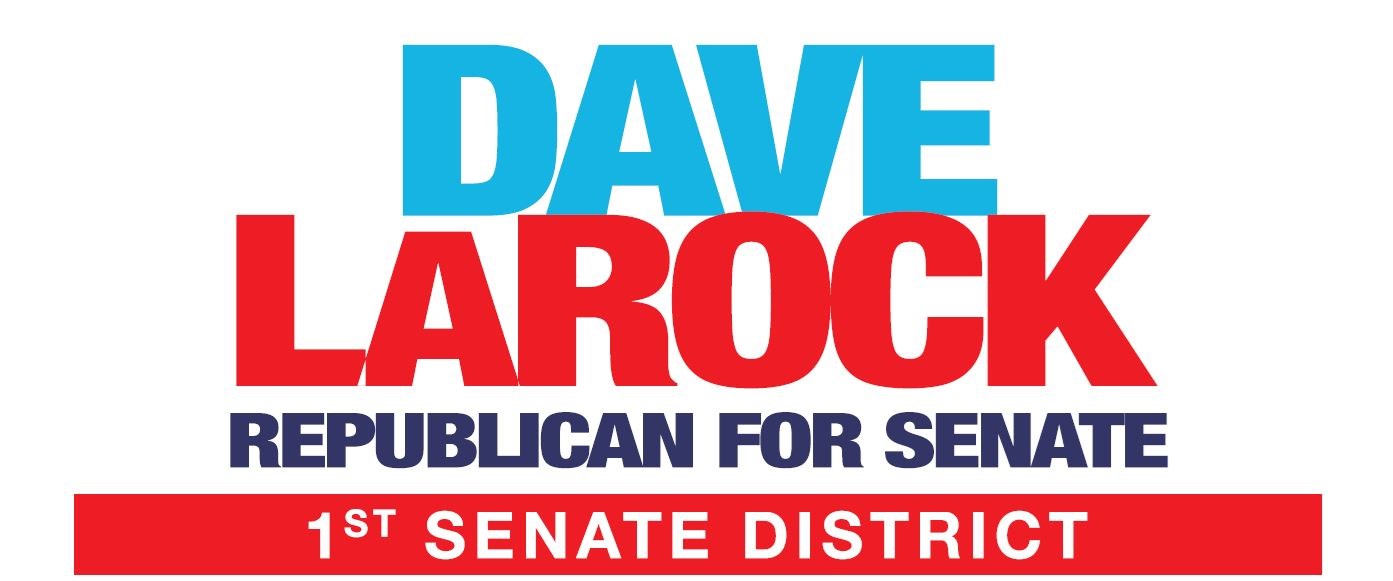
Obamacare Going Down?
|
More Information on this case:
The core of the case is whether government (taxpayer-paid) subsidies for buying health insurance are available on the federal exchange. The law clearly states that they are not, yet the IRS has delivered these subsidies anyway to individuals and families with income up to 400% of the Federal Poverty Level (now $97,000 for a family of four!). The plaintiffs, King et al., are contesting the IRS action. They rightly contend that subsidies are only available to states which have established their own insurance exchange. Estimates of the number of affected individuals are all over the map, ranging from 4 million to 9 million.
However, there is much more to the case than that. If subsidies are not available in states like Virginia which have not established their own state insurance exchanges (which would be completely controlled by federal policies, however), many other changes would occur, including:
1. No more Employer Mandate.
This mandate only applies to employers in states which receive the subsidies. Now smaller employers would no longer need to keep their workforces down to 50 or fewer full-time employees to avoid harsh penalties. They would no longer need to limit employee hours to under 30 per week. Many employees would no longer need to work two jobs.
Hiring would resume. Virginia would become attractive once again to employers without these restrictions and our job market would recover from its recent anemic situation. More jobs, more hours, more wages and a better economy. Employers could also likely find less costly insurance options to meet their and their employees' needs.
2. No more Individual Mandate for most.
The insurance on the Obamacare exchanges is costly and of debatable value due to often enormous premiums. If premiums aren't the problem then it's huge deductibles. And if that's not the problem then it's limited doctor networks. Often people find themselves stuck with all these problems. But - without the subsidies, insurance no longer falls under the government definition of affordability. For most people, that means they are no longer forced to buy the Obamacare policies they didn't want anyway. It's also not difficult to envisage the market responding to the lack of mandates (which provided captive buyers) with better choices for
consumers and eventual lowering of costs.
3. Less IRS interference in your healthcare.
4. Reintroduction of less expensive 'catastrophic' insurance plans which become more like actual insurance was meant to be.
5. Opportunities to move Virginia away from Obamacare through market-oriented policies
allowing innovative approaches to health insurance. Already, in anticipation, the General Assembly has passed a bill, HB 2322, to waive the onerous 'essential health benefits' which are helping to drive up costs.
If King wins Virginia wins!
King v. Burwell Resource Guide
Audio of oral arguments
Transcript of oral arguments
Remarks from Counsel
Mark Levin had the counsel for the King plaintiffs, Michael Carvin, on his radio program. Mr. Carvin begins at 18:00; Mark Levin begins by talking about his Amicus Brief (Landmark Legal Foundation) and general feelings about the case.



